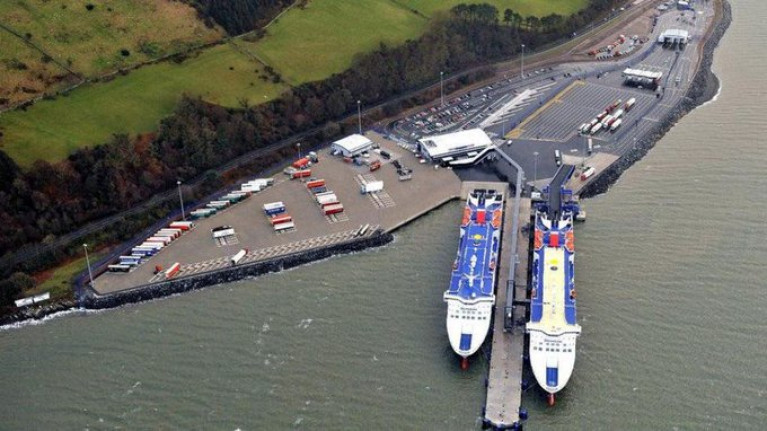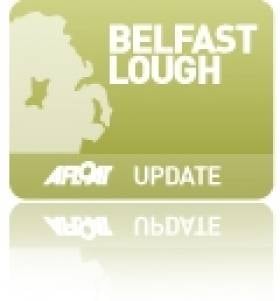Displaying items by tag: Green Port
Scottish Council Examining 'Green' Port at Cairnryan In Bid to Unlock £25m Investment
In south-west Scotland, a council is being asked to support a bid to create a "green port" at Cairnryan, which could unlock a £25m investment.
The local authority in Dumfries and Galloway is examining the benefits of the move.
The UK government announced the locations of eight freeports in England earlier this year which would benefit from special tax, duty and customs rules.
The Scottish government wants to adapt the plans to focus on fair work practices and delivering a net zero economy.
A report to Dumfries and Galloway Council is seeking approval to spend up to £30,000 on specialist help to work up the bid.
It said that initial talks with ferry operators P&O and Stena Line had seen a "favourable response" to taking the plans forward.
It is expected there could be two green port sites allocated in Scotland.
If successful, the SouthWest Euro Gateway project could secure multi-million pound support.
More from BBC News on this development.
Belfast Harbour Achieves High Standards in 'Green' Survey
#GreenPort – Once again Belfast Harbour has been named as one of Northern Ireland's top 'green' companies in a major environmental survey.
The harbour scored the second highest marks and was awarded Platinum quintile status in this year's NI Environmental Benchmarking Survey, conducted by Business in the Community's ARENA Network.
The survey annually assesses top businesses in Northern Ireland for environmental management, performance and assurance.






























































